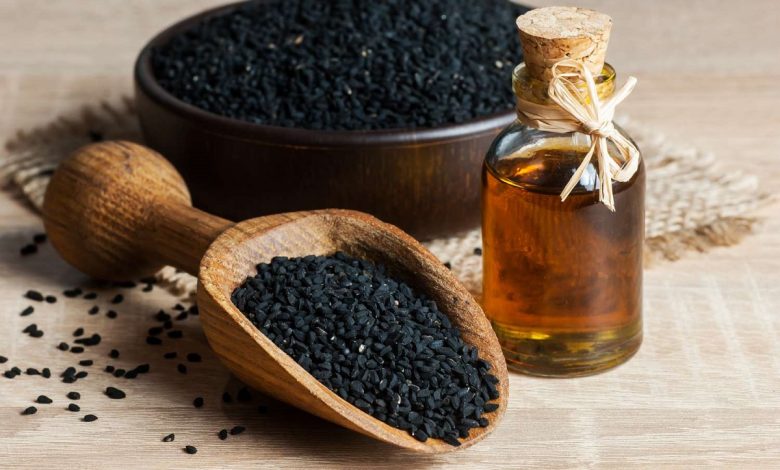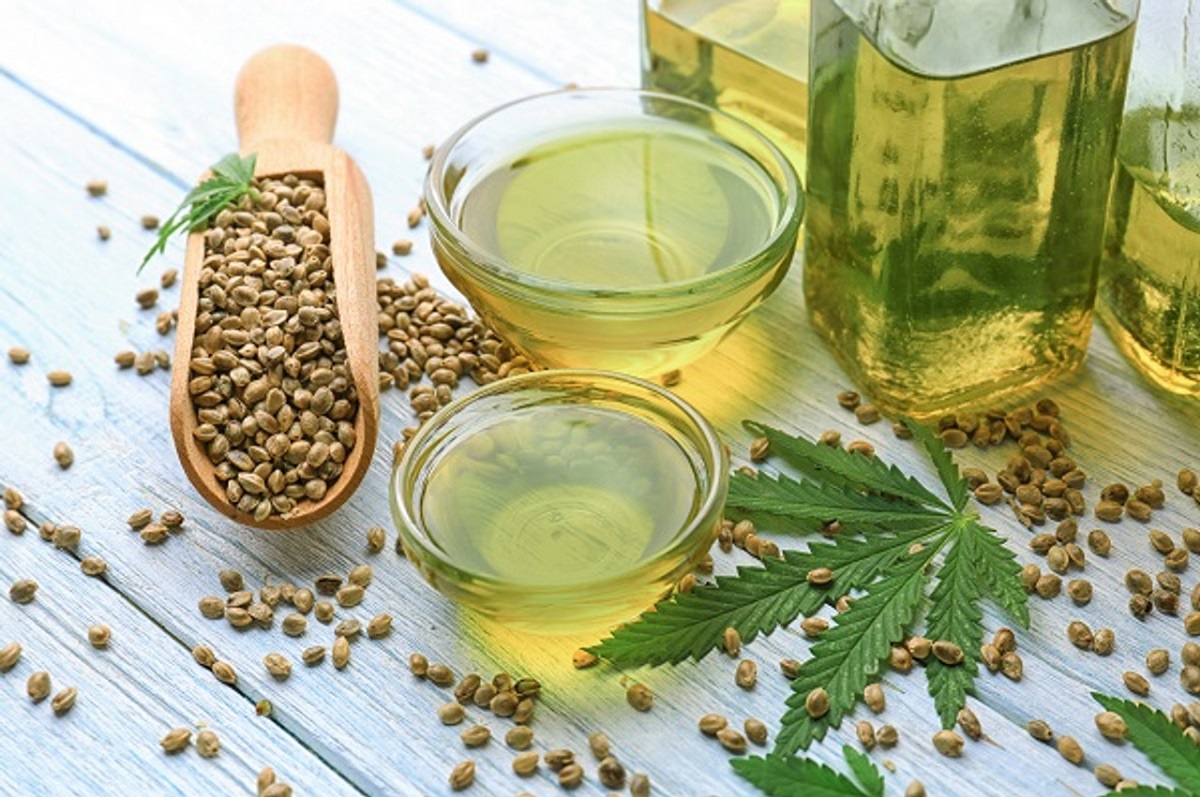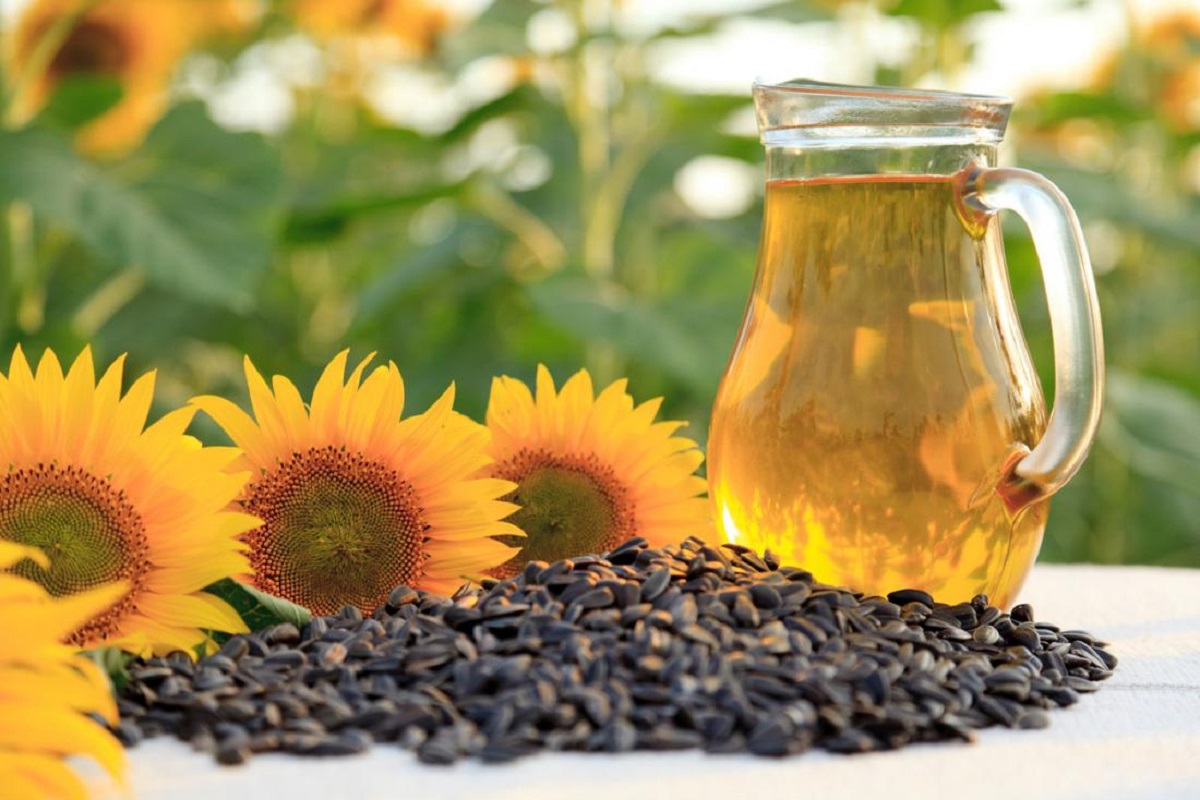Seed Oil Dangers: Do Seed Oils Pose Health Risks?

Seed Oil Dangers: In recent years, the consumption of seed oils has become a contentious topic in the realm of nutrition and health.
Seed Oil Dangers, Seed oils, which include oils extracted from sunflower, soybean, corn, canola, and other seeds, are prevalent in many processed foods and are often touted for their versatility and affordability. However, there is growing debate among health professionals and consumers regarding the potential negative health effects associated with these oils. This essay aims to explore the potential harms of seed oils, the controversies surrounding their consumption, and alternative options for cooking oils.
Seed Oil Dangers
The Composition Of Seed Oils

Seed Oil Dangers, Seed oils are primarily composed of polyunsaturated fatty acids (PUFAs), specifically omega-6 fatty acids. While these fatty acids are essential for the body, they must be consumed in balance with omega-3 fatty acids to maintain optimal health. The typical Western diet is often excessively high in omega-6 and low in omega-3, which can lead to inflammation and various health issues. This imbalance has raised concerns about the safety of consuming seed oils regularly.
Potential Health Risks
Inflammation: Some studies suggest that the high levels of omega-6 fatty acids in seed oils can promote inflammation in the body. Chronic inflammation is linked to numerous diseases, including heart disease, diabetes, and cancer. Excessive consumption of omega-6 fatty acids relative to omega-3 fatty acids may exacerbate inflammatory responses, leading to an increased risk of these chronic conditions.
Oxidation And Free Radicals: Seed oils are more susceptible to oxidation due to their high PUFA content. When heated, these oils can produce harmful compounds, including free radicals and aldehydes, which can damage cells and contribute to chronic diseases. This is particularly concerning for cooking methods that involve high heat, such as frying. The degradation of these oils can result in the production of toxic byproducts, raising questions about their safety for consumption.
Weight Gain And Metabolic Issues: Some research indicates that diets high in omega-6 fatty acids, particularly from seed oils, may be associated with weight gain and metabolic syndrome. This may be due to the promotion of fat storage and insulin resistance, which can lead to obesity and related health problems.
The Controversy Surrounding Seed Oils
Seed Oil Dangers, Despite the potential risks associated with seed oils, the nutritional landscape is complex, and opinions vary among health professionals. Proponents of seed oils argue that they are a source of essential fatty acids and vitamin E, a powerful antioxidant. They emphasize that moderation is key and that consuming seed oils as part of a balanced diet is unlikely to cause harm.
Seed Oil Dangers, Critics of seed oils often advocate for a return to traditional cooking fats, such as olive oil, coconut oil, and butter. These alternatives are typically higher in saturated fats and monounsaturated fats, which are more stable at high temperatures and less likely to oxidize. Additionally, these fats are often perceived as being more beneficial for heart health and overall well-being.
Alternatives To Seed Oils

Seed Oil Dangers, If concerns about seed oils are prompting individuals to reevaluate their cooking fat choices, there are several alternatives available:
Olive Oil: Rich in monounsaturated fats and antioxidants, olive oil has been associated with numerous health benefits, including improved heart health and reduced inflammation. It is best used for low- to medium-heat cooking or as a salad dressing.
Coconut Oil: With its high saturated fat content, coconut oil is stable at high temperatures and can be used for frying or baking. Some studies suggest that it may have antimicrobial properties and promote fat burning.
Avocado Oil: Avocado oil is another healthy alternative that is rich in monounsaturated fats and has a high smoke point, making it suitable for various cooking methods.
Butter Or Ghee: For those who tolerate dairy, butter and ghee are traditional cooking fats that offer flavor and stability. They are often used in various cuisines and can be a delicious alternative to seed oils.
Final Thought
Seed Oil Dangers, While seed oils are a common component of modern diets, their potential health risks warrant consideration. The high omega-6 fatty acid content, susceptibility to oxidation, and possible links to inflammation and metabolic issues raise important questions about their safety.
Seed Oil Dangers, As with many dietary choices, moderation and balance are crucial. Individuals may benefit from exploring healthier alternatives, such as olive oil, coconut oil, and butter, to enhance their overall nutrition and well-being. Ultimately, informed choices regarding cooking oils can contribute to a healthier lifestyle and reduce the risk of chronic diseases.
Also Read:
The Best 7 Benefits Of Pumpkin Seed Oil For Skin
Fish Oil Supplements May Increase The Risk Of Stroke And Heart Problems




